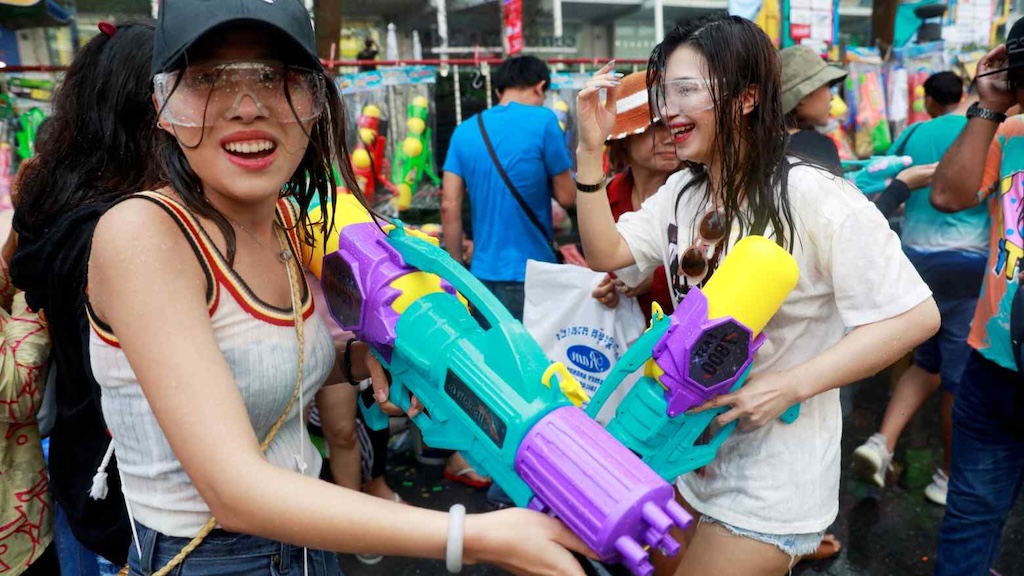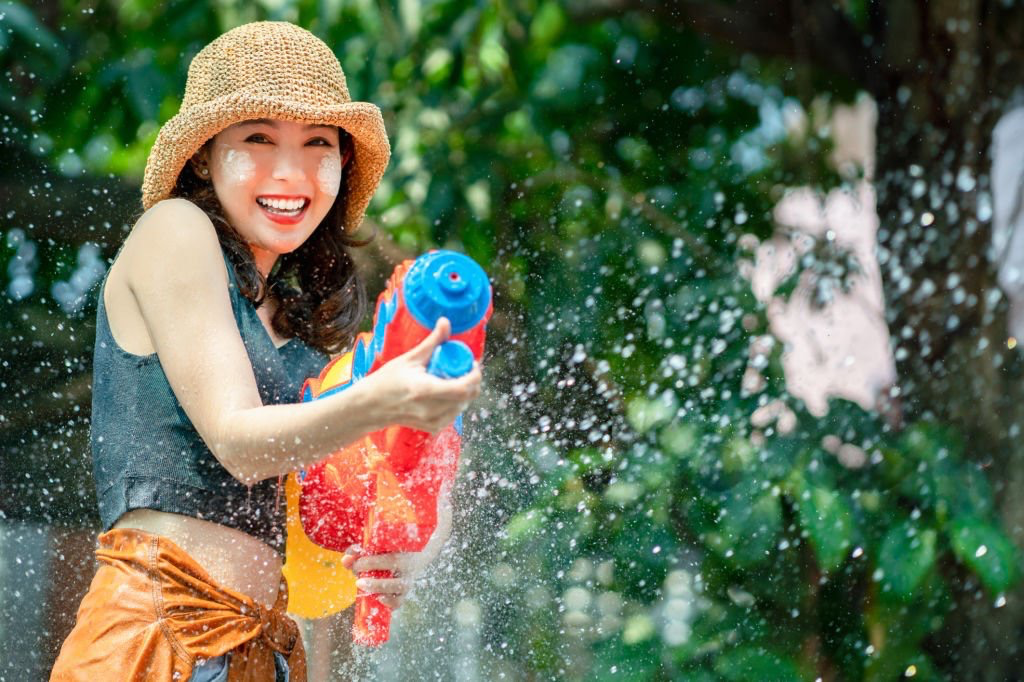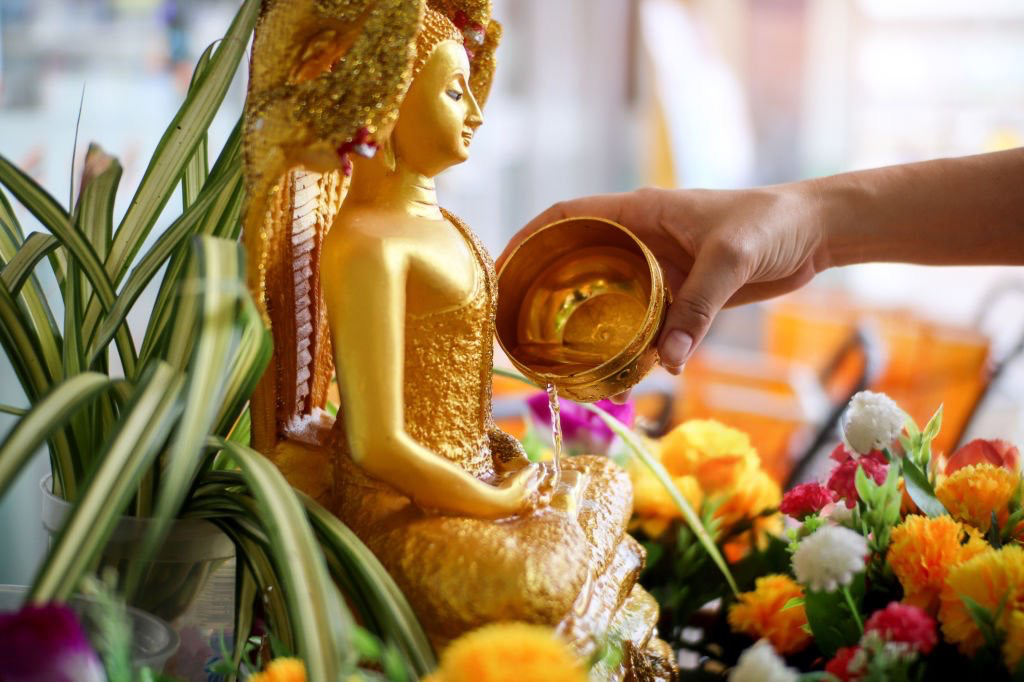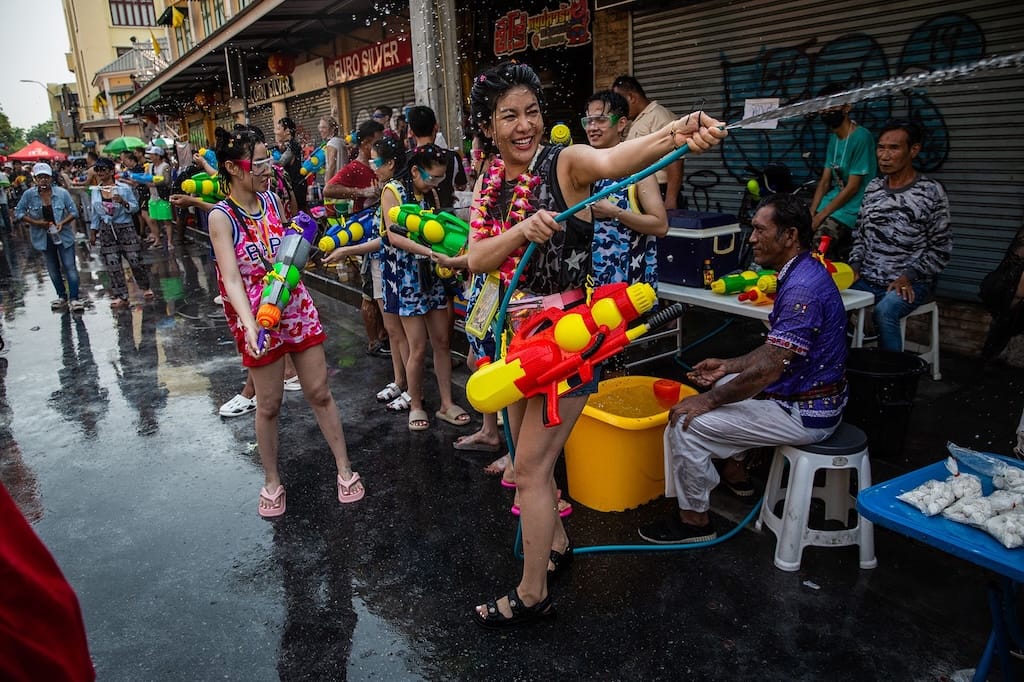
Songkran: Thai New Year Celebration
Songkran, or Thai New Year, is one of the most significant and vibrant festivals celebrated in Thailand. It ushers in the first day of the traditional Thai solar calendar. The dates of Songkran are April 13th to 15th; thus, it is considered a time for rejuvenation, contemplation, and entertainment.
This event includes the famous water fights, rituals, and colorful fun. In this article, we will go through what Songkran is, its history, meaning, and traditions, and what is usually done by people in celebration of this iconic event.
Historical Background
Songkran originates from very ancient astrological conceptions. Even the name "Songkran" has its origin in the Sanskrit word "Sankranti", which means "astrological passage." It marked the time when the sun passed from Pisces to Aries and was therefore celebrated with rites of passage of different kinds. The celebration developed with time into the traditional Thai New Year, entailing Buddhist customs and cultural tradition.


Significance of Songkran
Songkran is the period of cleansing for Thais, where they take care of their physical and spiritual renewal. The festival signifies washing off the bad luck of the previous year and embracing a new year with fortune and blessings. This is also one of the periods where families unify, show respect to the elderly, and make merit by performing good deeds and charitable giving.
Traditions and Customs
1. Water Splashing
Of course, the most famous and highly awaited activity in Songkran is the splashing of water. Using buckets, water guns, and hoses, people take into the streets and almost mock/playful water fights. The action of pouring water to cleanse and purify Buddha statues was the root behind this tradition. Water was used to represent washing away bad luck and bringing in good fortune. During Songkran, every part of the country becomes a zone filled with joyful water battles; both locals and tourists join in the fun.
2. Rod Nam Dam Hua
Rod Nam Dam Hua is a traditional ceremony where young people pour scented water over the hands of their elders as a mark of respect to receive blessings for the forthcoming New Year. An act of reverence constituting an important part of Songkran is one that reflects family, respect, and gratitude in the design of the celebration.
3. Merit-Making
Songkran also is a time for merit-making by people visiting temples to give food, donations, and prayers to monks. Other merit-making events include releasing birds and fish into the environment, constructing sand pagodas at temples, and other acts of kindness and charity. These good deeds help bring good karma and blessings into their lives in the coming new year.


4. Temple Activities
During Songkran, temples all over Thailand are places where religious and cultural activities are conducted. People visit for the ritual bathing of Buddha statues, listening to sermons, and meditating. The mood inside the temples is somber and reflective, a complete opposite of what's happening outside with the merry water fights.
5. Cleaning Homes
Another significant tradition in Songkran is the Spring Cleaning of the homes. This is symbolic as it chased away all the bad luck and opened their doors to positive energy. Families come together in cleaning their houses, adorn them with flowers, and prepare for the new year.
6. Cultural Dances and Processions
Songkran also coincides with the period of performing cultural and parade events. One may expect to experience traditional Thai music, dance, and street performances as avenues for the expression of Thailand's rich cultural heritage. In some regions, there are parades that include beautifully decorated floats, traditional costumes, and local folklore.
Modern Celebrations
While Songkran still retains its traditional customs, the modern celebrations introduced new elements into it. Large-scale events and parties are organized in major cities like Bangkok and Chiang Mai, drawing tourists from all over the world. Water festivals, music concerts, and street parties are now mainstays in modern Songkran celebrations. Still, despite the commercialization of this festival, the spirit remains pertinent to renewal, family, and spirituality.
Conclusion
Thai New Year (Songkran) is a festival that gracefully merges fun and reverence into one delightful event, drawing everyone together in honor of the Thai New Year. From boisterous water fights to temple rituals of solemnity, Songkran offers a unique and enriching experience of Thailand's cultural richness and tradition. Understanding and participating in the customs of Songkran can account for an appreciation of the values of respect, renewal, and joy in this magnificent festival.